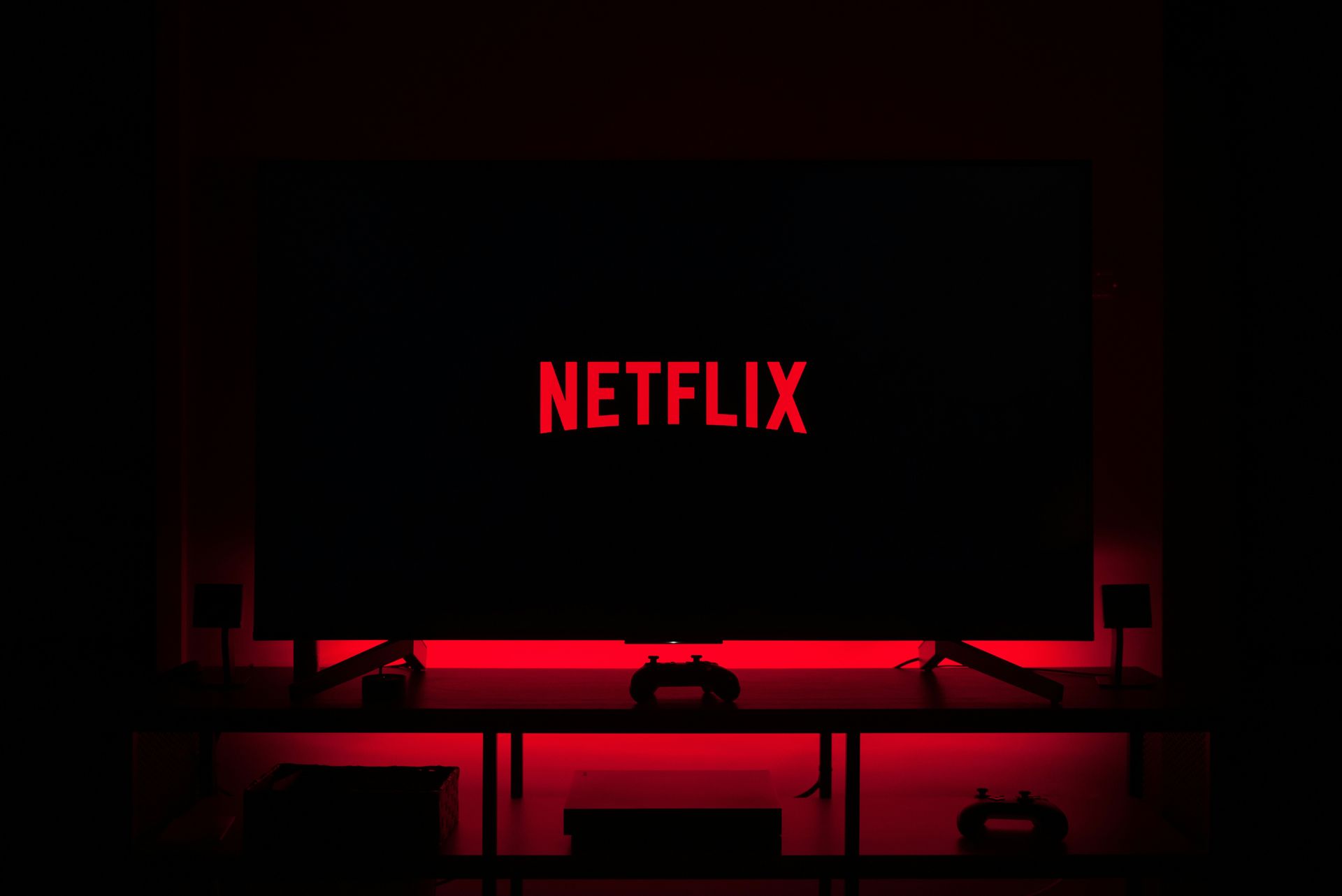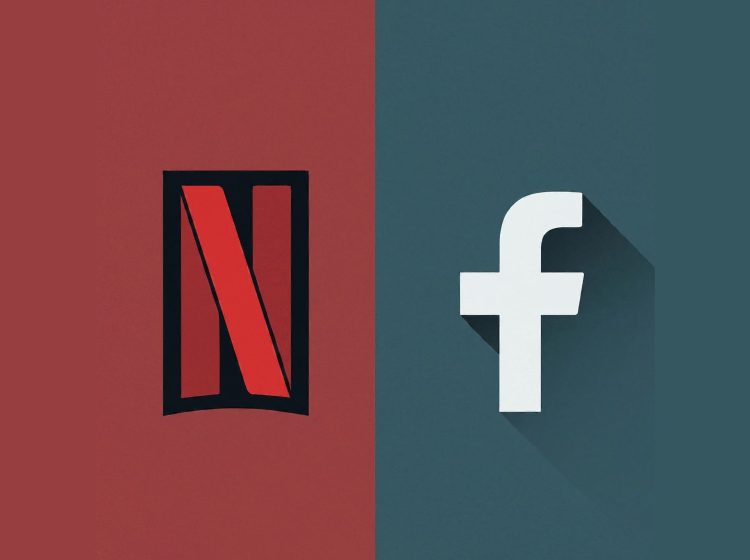Facebook is facing a storm of legal scrutiny stemming from accusations of anti-competitive behavior in its dealings with the streaming powerhouse, Netflix.
Prosecutors allege that Facebook strategically killed off its own streaming service to pave the way for Netflix, going as far as granting Netflix special access to Facebook users’ private messages.
With this news, in addition to the “Project Ghostbusters” scandal, another lawsuit was filed against Facebook within a week.
A tangled web of data and dominance
At the center of these allegations is the question of how Facebook handles its massive collection of user data. It seems Facebook’s partnership with Netflix went beyond the usual data-sharing agreements common among tech companies. In exchange for hefty advertising deals, Facebook allegedly opened up its treasure trove of user information to Netflix, including access to private messages.
This allowed Netflix to gain valuable insights into user preferences and viewing habits – a significant leg up in the fiercely competitive streaming market. The lawsuit claims this special access helped Netflix cement its leadership position while hindering potential rivals.
When the “Watch” party ended
Another aspect of the allegations focuses on Facebook’s own attempts to break into the streaming market.
Facebook launched its “Watch” service offering a mix of original and licensed content. However, the lawsuit contends that Facebook never truly intended to compete with Netflix head-to-head.
Prosecutors suggest that Facebook Watch was a smokescreen – a tactic to project an image of competition while secretly aligning itself with the dominant player. They allege that Facebook intentionally wound down its streaming service, paving the way for Netflix to solidify its position at the top.

Legal battles on the horizon
This lawsuit is a major development in ongoing antitrust probes into the power and influence of tech giants. If the prosecutors prevail, Facebook could face substantial penalties and restrictions aimed at preventing similar anti-competitive behavior in the future. The outcome could have repercussions for the wider tech industry, influencing the way companies handle user data and partnerships.
The fight for fair play
The principle of fair competition is vital for a healthy and dynamic marketplace. This lawsuit is a reminder of the potential dangers when massive tech companies leverage their influence to control or stifle market forces. Consumers are often the ones who ultimately suffer in such scenarios, facing less choice and potentially higher prices.
Under the social microscope
While the specific allegations in this case are still to be proven in court, they raise important questions about transparency, consumer privacy, and corporate power. As social media platforms grow ever more pervasive, it’s vital the public and regulators examine how these companies use their immense power and the troves of data they collect.
The Facebook-Netflix case could become a pivotal instance in determining what rules tech giants need to play by as we move further into a digitally connected future.
Featured image credit: Emre Çıtak/Google Gemini





